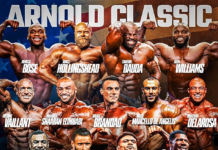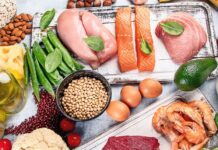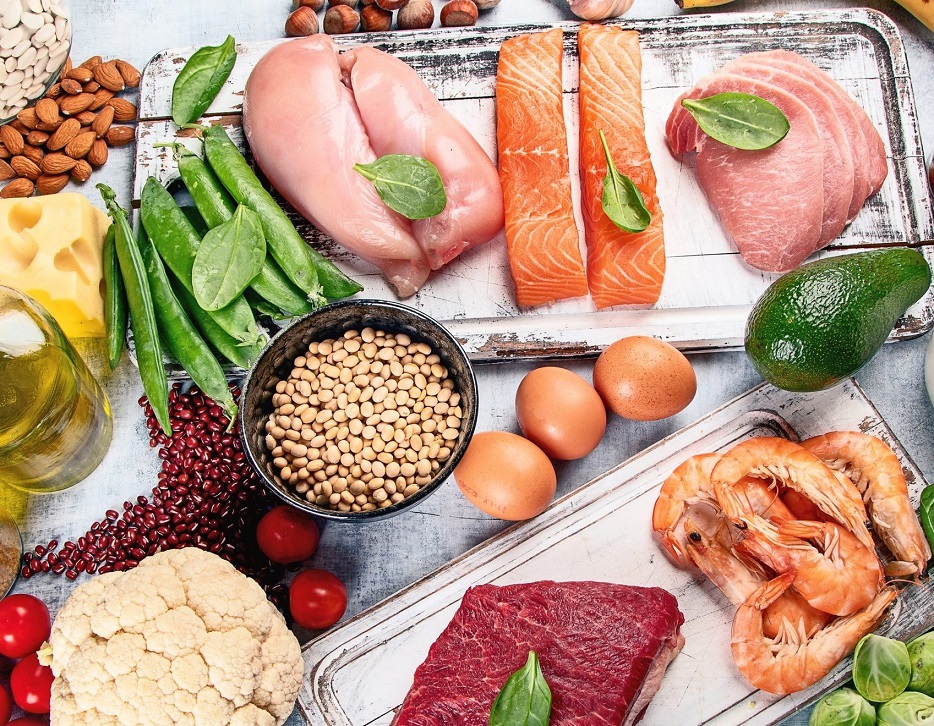Bodybuilding ain’t cheap. Quality food, especially protein, is one of the biggest expenses when you’re trying to gain muscle. You need a plan, and we’re here to help. We show you how to shop smart for protein foods on a strict budget.
BODYBUILDING NUTRITION ON A BUDGET
Have a plan for how to keep your food and supplement expenses in a reasonable range.
1. Create a Budget
Determine how much money you can and want to allocate to food and nutritional supplements each month. This includes all of the food you personally consume, including in restaurants and including cheat meals. (This may be a segment of a bigger family budget.) Having such a monthly plan allows you to divide it up for weekly and daily segments.
2. Plan Meals
Plan your meals days in advance to avoid impulsive and costly food choices. Buying in bulk and preparing meals at home is almost always more economical than eating out. Careful planning will also allow you to shop more frugally. By the way, meal prep services can be an economical way to get tasty bodybuilder meals, but that depends on the price of the service versus the expenses (including your own time) of you cooking equivalent meals. If you or your significant other can prep multiple bodybuilder meals and then refrigerate them to reheat later, that’s one way to cut down on expenses (including time).
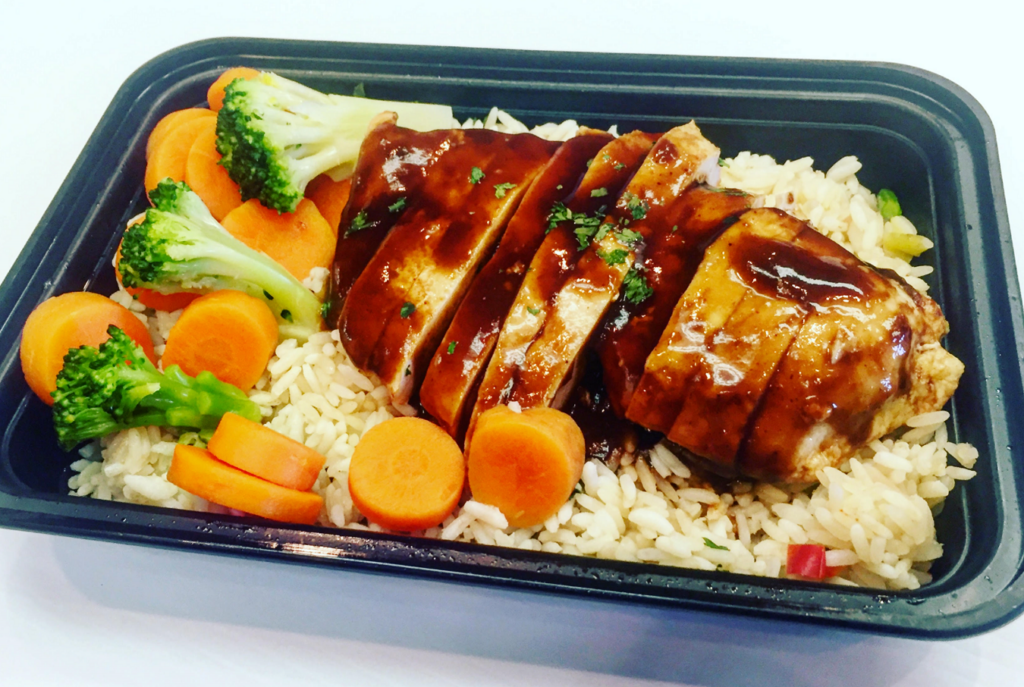
3. Shop Smart
Consider generic or store-brand foods and supplements instead of premium brands. Buy in bulk, when you can. And keep an eye out for sales, discounts, and coupons. Eggs, yogurt, milk, and other protein sources are greatly reduced days before their expiration dates, even though they should be good for many days after those dates.
CHEAP BODYBUILDING FOOD
If you’re on a budget and looking for inexpensive sources of protein, there are several options that can provide you with the muscle-making amino acids you need without breaking the bank.
Eggs
Eggs are an excellent and cost-effective source of high-quality protein. Unless you’re dieting to lose body fat, stick with whole eggs instead of egg whites to conserve money. A whole large egg has seven grams of protein, while its egg white has four grams. So, you’re throwing away three grams of muscle-building nutrients with every yolk. Also, if you can find eggs reduced because their “Sell By” date is nearing, grab ’em. As long as they’re kept refrigerated, eggs should be good for two to three weeks beyond their “Sell By” date.
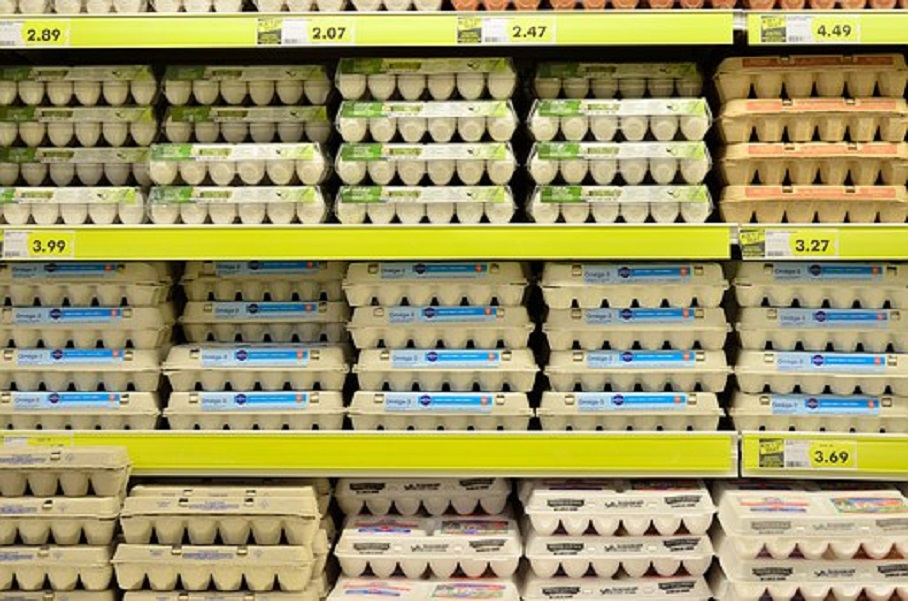
Chicken
If you can buy chicken breasts in packages of four or more, that’s usually the cheapest avenue. You can always freeze any that approach their expiration date. Alternately, consider buying chicken thighs. They’re usually much cheaper than skinless breasts (even when you factor in the weight of the bones), because people shy away from dark meat and dealing with bones and skin. Thigh’s nutritional stats are a little worse than breast’s: A 3-ounce roasted chicken breast (without skin or bone) has about 140 calories, 26 grams of protein, and 3 grams of fat; a 3-ounce roasted chicken thigh (without skin or bone) has about 152 calories, 21 grams of protein, and 7 grams of fat. Still, if cost if a major factor, thighs may be the way to go. In his poor, early days of bodybuilding, Kai Greene made chicken thighs his go-to protein source.
Fish
The cheapest way to get fish is to catch your own. But as for those you’ll find behind the butcher’s counter in a grocery story, pollock, trout, and tilapia will be three of the least pricey. And we’ll put in a good word for the old school bodybuilding staple: canned tuna. It’s an affordable protein source you can bring anywhere, assuming other non-cats are good with the smell. Choose tuna packed in water for a leaner option. Likewise, canned sardines are a cost-effective, easily portable choice that are not only rich in protein but also omega-3 fatty acids.
Beef
Your mileage may vary, but beef is usually not a cheap protein source. If you get a deal by buying close to the expiration date, cook and eat it that day or the next or freeze it. Unlike eggs and yogurt, beef will spoil quickly.
Ground Turkey
Ground turkey is often less expensive than ground beef and can provide a leaner source of protein. Buying a three-pound package, is a great way to save money. Turkey chili, anyone?
Milk
Nonfat (i.e. skim) milk is a great source of high-quality, lower cost protein. You can often grab a gallon reduced as its expiration day approaches, and it should be good for days afterwards.
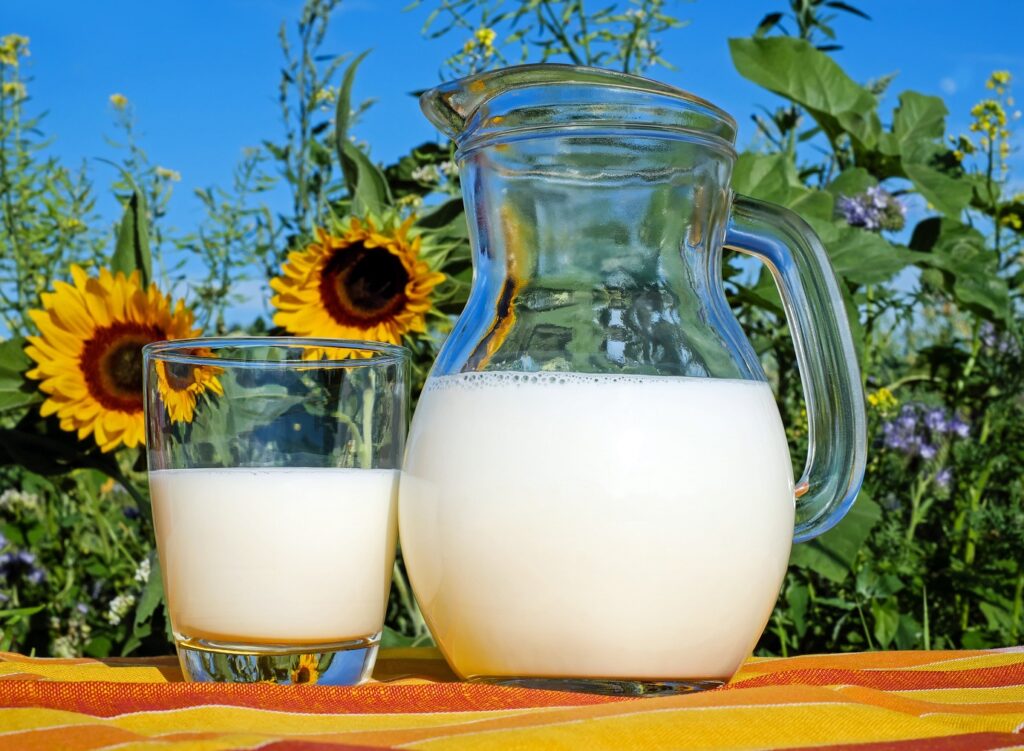
Greek Yogurt
Greek yogurt is higher in protein and lower in sugar than regular yogurt and can be an affordable option when bought in larger containers. Go for fat-free greek yogurt with no added fruit or flavors. You an always add flavor later by mixing in a little flavored protein powder or water enhancer. Like milk it should be good for days after its expiration date (longer if you haven’t opened the container), so look for any that’s reduced in price.
Beans, Legumes, and Lentils
Beans, legumes (like split peas), and lentils are budget-friendly sources of plant-based protein. They’re versatile and can be used in a variety of dishes.
Protein Bars & Protein-fortified Foods
A word of caution about protein bars and foods like bread and pancake mixes that are fortified with protein. Protein bars can be a convenient way to get some protein and calories, especially when on the run, but they’re rarely an economical way. If a Quest bar, with 20 grams or protein, goes for $2.30, consider that 20 grams of whey protein from a five-pound bag of Muscle Milk is 68 cents. If you’re craving something sweet, it may be cheaper and tastier and with similar or better nutritional stats to wash down a cookie or candy bar with a protein shake. Similarly, protein pancakes might sound like a great idea when you’re strolling a grocery store, but think of how easily you could add whey protein powder to regular (cheap) pancake mix for much less money. Food companies know “protein” is a hot advertising word, so resist protein impulse-buying.
CHEAP PROTEIN SUPPLEMENTS
Nutritional Supplements are a potential budget-busting category. Do you really need that pre-workout, and can you buy its ingredients in bulk and make your own much cheaper? No and yes. For more on our favorite supplements, check out: Best 4 Supplements for Muscle Gain. Our #1 on that list is whey protein powder. So, let’s explore how to shop for protein supplements with one eyes on your muscles and the other on your wallet.
Whey Protein
Whey powder is a cost-effective and high-quality protein source. Outside of a great deal, forget whey isolate, organic, or any other category that increases the cost per serving. Those all have their purposes, but our focus is on saving money. So, stick with a whey concentrate or whey blend. Read labels carefully to determine the cost per serving and cost per gram. Buy in packages of at least five pounds.
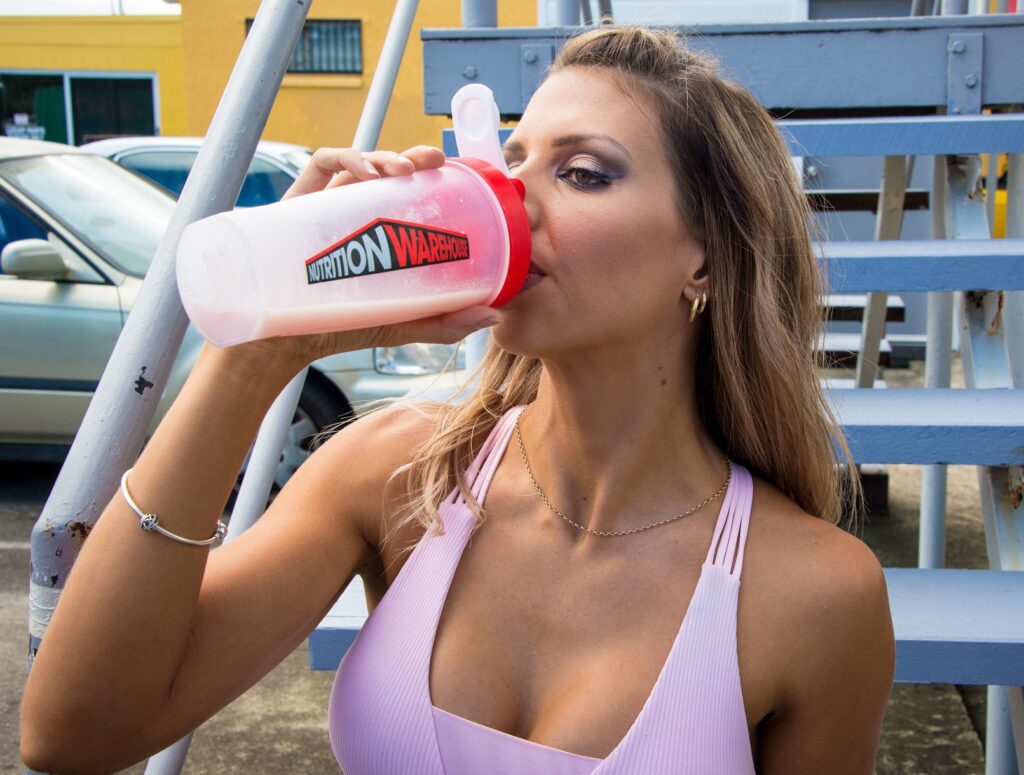
Casein & Milk Powder
Because whey comes from dried milk, you might think simply buying dried milk powder would be a cost-effective alternative to whey. It’s not. It may, however, be a (slightly) cost effective alternative to casein. That’s because dried milk (or liquid milk, for that matter) is mostly casein: 80% casein, 20% whey. Casein protein digests much slower than whey. For this reason, some bodybuilders drink it before bed as a “time-released” protein source. Probably, if there wasn’t a huge supplement industry devoted to separating whey and casein and a cut-throat competition for your dollars, milk powder would be a terrific cheap alternative. But milk powder, a niche product by comparison, isn’t controlled by those same supp biz economics. Still, if you’re looking for a casein powder, shop milk powders, too. It may be a way of saving a little. Again, whatever you do, buy in at least five-pound containers.
BCAAs
Branched-chain amino acids are made up of three of the nine essential building blocks of protein: leucine, isoleucine, and valine. We at The Barbell are not big fans of BCAAs. There’s nothing wrong with them, but you need all nine essential amino acids to build muscle, and BCAAs are very pricey for what they deliver. Steer clear if you’re on a tight budget, and maybe even if you’re not.
For more on this, check out: Do BCAAs Work?
CHEAP PROTEIN FOODS FOR BODYBUILDING: CONCLUSION
Protein is always going to be a major bodybuilding expense. But by planning, making smart choices, buying in bulk and/or when items are discounted, and avoiding over-priced items when there are fairer-priced alternatives, you eat and drink to make or maintain muscle without breaking the bank.
Related content: How Much Protein for Muscle Growth?




